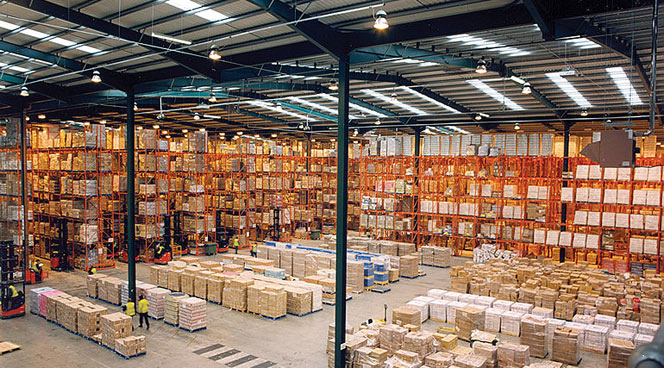It’s common for people to underestimate the scale and importance of the logistics industry. Every day of the year, it’s this industry that ensures the efficient flow of goods, within the UK and internationally.
Across the economy, almost every type of business depends on logistics for its continued operation. Without logistics, materials wouldn’t reach factories, goods wouldn’t reach the shops and supplies and documents wouldn’t make it to where they’re needed, whether to schools, businesses or hospitals.
The good news is that after the recession and a period of slow growth, the UK logistics industry is booming. It’s estimated that within the next decade, it will add hundreds of thousands of jobs to the UK market. Many of these will be skilled positions, with huge demand for know-how in IT, engineering, robotics and analytics. Demand for top-notch rental floor space is also set to go through the roof in certain regions.
Logistics innovations
One of the main factors leading to growth in the logistics industry is increased innovation on the part of logistics companies. In a tough economic climate, it’s vital to be efficient and competitive – and this means streamlining processes and embracing new technologies.
Increasingly, logistics companies use advanced IT systems and sophisticated sensor systems. These make it possible for businesses not only to process and monitor orders for goods, but to track every item in their inventories and even throughout their supply chains.
Because the systems are internet-based, tracking is possible from any location and at any time of the day or night. For example, you might track the current location of a container, its origin and destination points, its size and weight and a detailed list of its contents, all from your smartphone or tablet.
The internet has had other positive implications for logistics companies. The rise of e-commerce has been accompanied by massive growth in the need for fast, reliable deliveries of goods. Companies like Amazon and eBay have revolutionised the way business is done. Even small or home-based companies know that today, consumers expect their orders without delay and with a strong emphasis on personal service. Courier and logistics companies are key in meeting these expectations.
At the same time, traditional retailers are under pressure from increasingly price-conscious consumers. Instead of jacking up retail prices to secure profits, they need to focus on getting their goods to market faster and making their supply chains more efficient. Again logistics companies can help.
Like in many other industries, there’s more focus than ever before on the value of data. With modern technology, it’s possible to collect and analyse vast amounts of data, accurately and quickly. This makes it much easier to optimise delivery networks and schedules, saving customers time and money.
Local postal services haven’t adapted as well. Their revenues and ability to compete have dropped as e-mail and chat replace letter writing, and electronic money transfers replace postal money orders. Where regional postal services have lost popularity, companies that provide courier services are picking up business.
As new technologies continue to emerge or be improved, it’s likely we’ll continue to see dramatic changes (and improvements) in the ways that goods are tracked and moved. For those in the logistics industry, it’s an exciting time!

